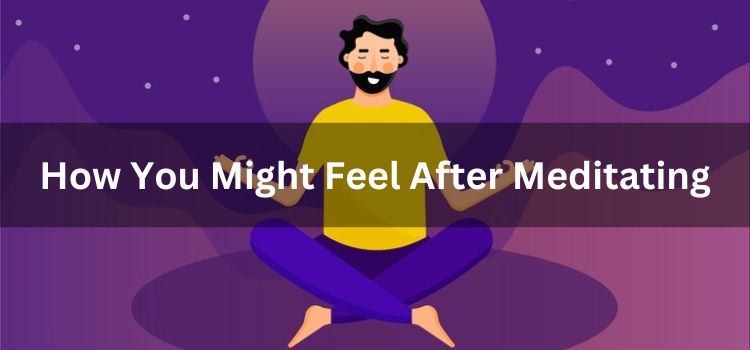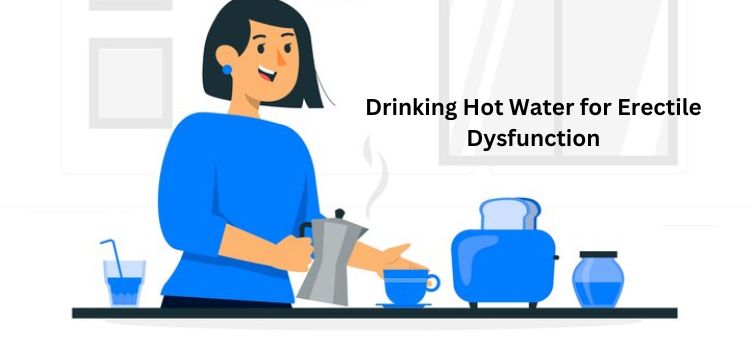Meditation, a practice with ancient roots deeply embedded in historical traditions, has transformed into a crucial component of modern well-being. In the pursuit of tranquility amidst life’s chaos, meditation arises as a pathway to discovering inner peace and clarity. In this exploration, we delve not only into the importance of meditation but also unravel the mystery connected to the crossword clue associated with this serene practice.

Importance of Meditation
Meditation is frequently praised for its stress-reducing advantages, extending beyond a simple relaxation technique. It functions as a tool to boost focus, concentration, and overall mental well-being. Despite its widely recognized benefits, the emotional journey experienced during meditation varies among individuals practicing this ancient art.
Common Emotions During Meditation
As you begin your meditation journey, you might come across a range of emotions. From the initial feelings of calmness and relaxation to occasional moments of frustration and impatience, meditation mirrors the ebbs and flows of life. Nevertheless, it is the joy and contentment felt during and after meditation that truly elevate the transformative nature of this practice.
Exploring the Crossword Clue
Interestingly, meditation can be compared to solving a crossword puzzle. The clues woven into the practice guide towards self-discovery and introspection. Untangling the mysteries of your mind becomes as captivating as deciphering the cryptic clues in a crossword.
The Journey of Meditation Emotions
Initially, skepticism and resistance often transition into a state of calmness and centeredness. However, the journey is not devoid of challenges. Navigating through the labyrinth of thoughts and emotions during meditation is comparable to unraveling the puzzle of the mind. The key lies in embracing each moment, whether it brings tranquility or presents a mental block
Understanding the Crossword Puzzle Analogy
By drawing parallels between solving puzzles and meditation, individuals uncover the importance of patience and persistence. Each meditation session becomes a stride toward unlocking the answers within, akin to solving a crossword puzzle through deliberate consideration and reflection.
Dealing with Frustration and Impatience
Recognizing feelings of frustration and impatience during meditation is crucial. Instead of viewing these emotions as obstacles, they can serve as gateways to deeper self-awareness. Strategies such as focused breathing and mindfulness prove valuable in navigating through these challenging moments
The Role of Joy and Contentment
Amid challenges, moments of joy and contentment also surface during meditation. These positive emotions enhance the overall meditative experience, emphasizing that meditation is not just about achieving stillness but also about nurturing a positive mindset.
Benefits of Meditative Perplexity
Perplexity, often considered a hurdle, becomes a catalyst for personal growth in meditation. Embracing the unknown, the ambiguous, and the perplexing aspects of one’s mind leads to profound insights and self-discovery.
Burstiness in Meditation
Burstiness, the dynamic interplay of thoughts and stillness during meditation, adds vibrancy to the practice. It’s about finding a balance—allowing the mind to burst with creativity and insights while maintaining a foundation of calm and tranquility.
Maintaining Specificity in Meditation
In the pursuit of a meditative state, it’s essential to stay specific and focused on the present moment. Avoiding distractions and allowing the mind to wander aimlessly can dilute the profound impact of meditation on mental clarity.
Contextualizing Meditation in Daily Life
The true essence of meditation lies in its integration into daily routines. Recognizing its impact on overall well-being prompts individuals to weave meditation into the fabric of their lives, fostering a sustained sense of balance and inner peace.
Conversational Style in Meditation Practice
Making meditation a personal and conversational experience transforms it from a routine into a meaningful dialogue with oneself. Using informal language, personal pronouns, and engaging in a conversation with your inner self can make meditation more accessible and enjoyable.
Conclusion
In conclusion, the journey of meditation is as diverse as the individuals who practice it. The emotional landscape, from calm to frustration to joy, mirrors the complexities of life. Embracing the crossword clue analogy, meditation becomes a puzzle-solving adventure, unlocking the mysteries of the mind. So, embark on your meditation journey with an open mind, knowing that every emotion is a clue leading you closer to inner peace.
FAQs on Meditation
- What is the ideal duration for meditation sessions?
- The ideal duration varies, but starting with 10-15 minutes and gradually extending is recommended.
- Can meditation help with insomnia?
- Yes, meditation can contribute to better sleep by calming the mind and reducing stress.
- Is it normal to fall asleep during meditation?
- While it’s common, staying alert is ideal; falling asleep might indicate fatigue.
- How can beginners start their meditation journey?
- Begin with guided meditations or simple breathing exercises to ease into the practice.
- Can meditation replace traditional mental health therapies?
- It can complement traditional therapies, but consultation with a healthcare professional is crucial for severe conditions.


